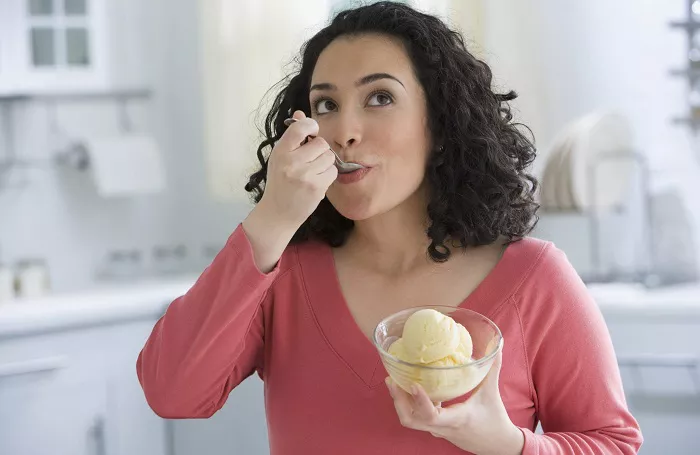Hair loss can be influenced by genetics, stress, hormones—and surprisingly, what you eat every day. While a balanced diet supports healthy hair growth, certain foods may quietly be contributing to hair thinning, breakage, and shedding. If you’re noticing more hair in your brush or shower drain, it might be time to take a closer look at your plate. Here are six common foods that could be harming your hair health:
Sugar
Excess sugar intake is a silent culprit behind many health issues—and hair loss is no exception. Consuming high amounts of sugar can cause insulin resistance, a condition that disrupts hormone balance by increasing levels of androgens such as DHT (dihydrotestosterone). Elevated DHT can shrink hair follicles over time, weakening roots and accelerating hair fall.
Cutting back on sugary snacks, beverages, and processed foods may not only stabilize your blood sugar but also help protect your hair from premature thinning.
Refined Carbohydrates
White bread, pastries, and pasta may be pantry staples, but their refined carbohydrate content quickly converts into sugar in the body. This causes sharp spikes in blood glucose, which in turn triggers inflammation—a major enemy of healthy hair follicles.
Poor scalp circulation caused by inflammation reduces nutrient delivery to hair roots, slowing growth and weakening strands. Replacing refined carbs with whole grains and fiber-rich alternatives can help reduce this risk and support better scalp health.
Fried and Greasy Foods
Deep-fried snacks, fast food, and greasy meals are rich in trans fats and unhealthy oils. These fats can clog pores and sebaceous glands on the scalp, leading to poor follicle function, dandruff, and even infections—all of which contribute to increased hair fall.
Moreover, diets high in unhealthy fats can impair blood flow to the scalp, depriving hair follicles of essential nutrients. Opting for grilled, baked, or steamed dishes with healthy fats like olive oil or avocado can benefit both your heart and your hair.
Artificial Sweeteners
While marketed as healthier alternatives to sugar, some artificial sweeteners—especially aspartame—may have hidden effects on your body’s natural hair growth cycle. Emerging research and anecdotal evidence suggest that these sugar substitutes could interfere with metabolism and hormone balance, both of which are critical to maintaining healthy hair.
Though more studies are needed, minimizing your intake of artificially sweetened products such as diet sodas and sugar-free gum may reduce the risk of unexplained shedding.
Excess Vitamin A
Vitamin A is essential for cell growth, but overdoing it—especially through supplements or fortified foods—can backfire. High levels of Vitamin A can overstimulate hair follicles, pushing them into the resting (telogen) phase too quickly and triggering temporary but noticeable hair loss.
This condition, known as telogen effluvium, often reverses once Vitamin A levels return to normal. If you’re taking multivitamins or acne medications containing retinoids, speak with your healthcare provider to ensure you’re not exceeding the recommended daily intake.
High-Mercury Fish
Seafood is generally healthy, but frequent consumption of high-mercury fish like swordfish, king mackerel, or tilefish may elevate mercury levels in your body. Mercury toxicity has been linked to hair thinning, particularly in women.
This heavy metal interferes with keratin production—the protein that makes up your hair—and may also affect thyroid function, another key factor in hair growth. Choose low-mercury alternatives like salmon, sardines, or trout for safer long-term consumption.
While occasional indulgence in these foods may not cause immediate hair fall, consistent overconsumption can disrupt your hormonal and nutritional balance—both critical to maintaining strong, healthy hair. If you’re experiencing persistent hair loss, consider reviewing your diet alongside your healthcare provider or a trichologist.
By addressing your nutrition early, you can support your hair from the inside out—and avoid the need for solutions like hair transplant surgery down the road. For those already considering restorative options, evaluating lifestyle and dietary triggers is an essential first step toward lasting results and improved hair transplant recovery.
Related Topics:
- Turkiye’s Hair Transplant Boom Captured on Flight Sparks Online Buzz
- 8 Best Hair Loss Treatments for Women That Actually Work
- The Most Painless Hair Transplant Methods: Expert Recommendation


